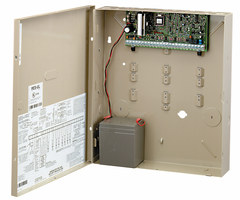How Does a Monitored Alarm System Work?
A monitored alarm system works by sending out communication signals that alert others to system events. These alerts can be sent to a central monitoring station, directly to the end user, or both. In most cases, the signals will be sent through an IP connection or a cellular connection.
When a system is monitored, it means that the system is able to send outbound signals. Without monitoring service, an alarm system can only be used as a local noise maker. An unmonitored system will have no way of alerting off-site users to an alarm event, and it will be unable to request automatic emergency dispatch. That is why it is very important that any alarm system receives monitoring services.
There are two main types of monitoring services. These types are central station monitoring and self-monitoring. Central station monitoring means that the system is connected with a central station so that the user can receive automatic emergency dispatch during an alarm event. But with self-monitoring, system notifications are first sent through an interactive service platform, such as Alarm.com or Total Connect 2.0, before being passed on to the end user directly. The user will receive these alerts via text and/or email. It is then up to them to contact any emergency help that is needed.
But whether a user has central station monitoring or self-monitoring, the alarm system will need to be able to successfully send out signals. This is the only way that the system can alert others to an alarm event. Most modern alarm systems will either use an IP or cellular connection. Some panels already come with an IP communicator or a cellular communicator for this purpose. However, other systems will need to have a communicator added separately. The communicator will then need to be activated with an alarm monitoring company.
Alarm Grid recommends using a cellular connection with an alarm system. Cellular connectivity is more reliable than IP communication, due to the fact that cellular service is rarely down or unavailable. Cellular service is also unaffected by typical power outages, so a system with cellular monitoring will continue to provide protection when the electricity is out. The speeds offered from cellular connectivity are right on par with those of WIFI, so a user will not have to worry about a slow signal transmission with cellular service. In order to receive cellular service, a user will need an alarm monitoring plan that includes cellular connectivity. For Alarm Grid customers, these are the Gold and Platinum level plans.
Did you find this answer useful?
We offer alarm monitoring as low as $10 / month
Click Here to Learn MoreRelated Products

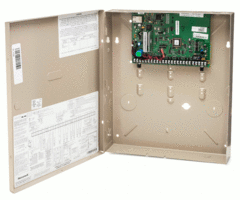
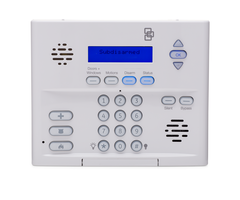
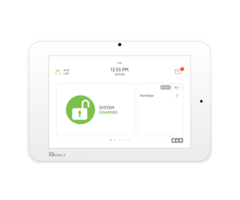
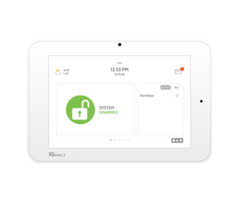
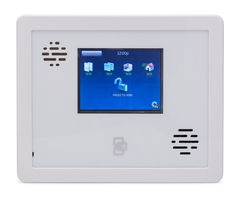
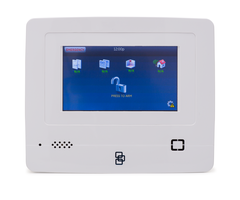
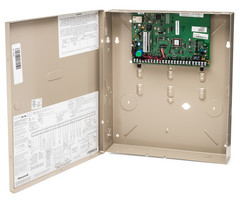
Related Categories
- Home Security Systems
- Security Systems
- Business Security Systems
- Apartment Security Systems
- Alarm Control Panels
- Small Business Security Systems
- Monitored Home Security Systems
- DIY Wireless Security Systems
- DIY Wired Security Systems
- Answered






